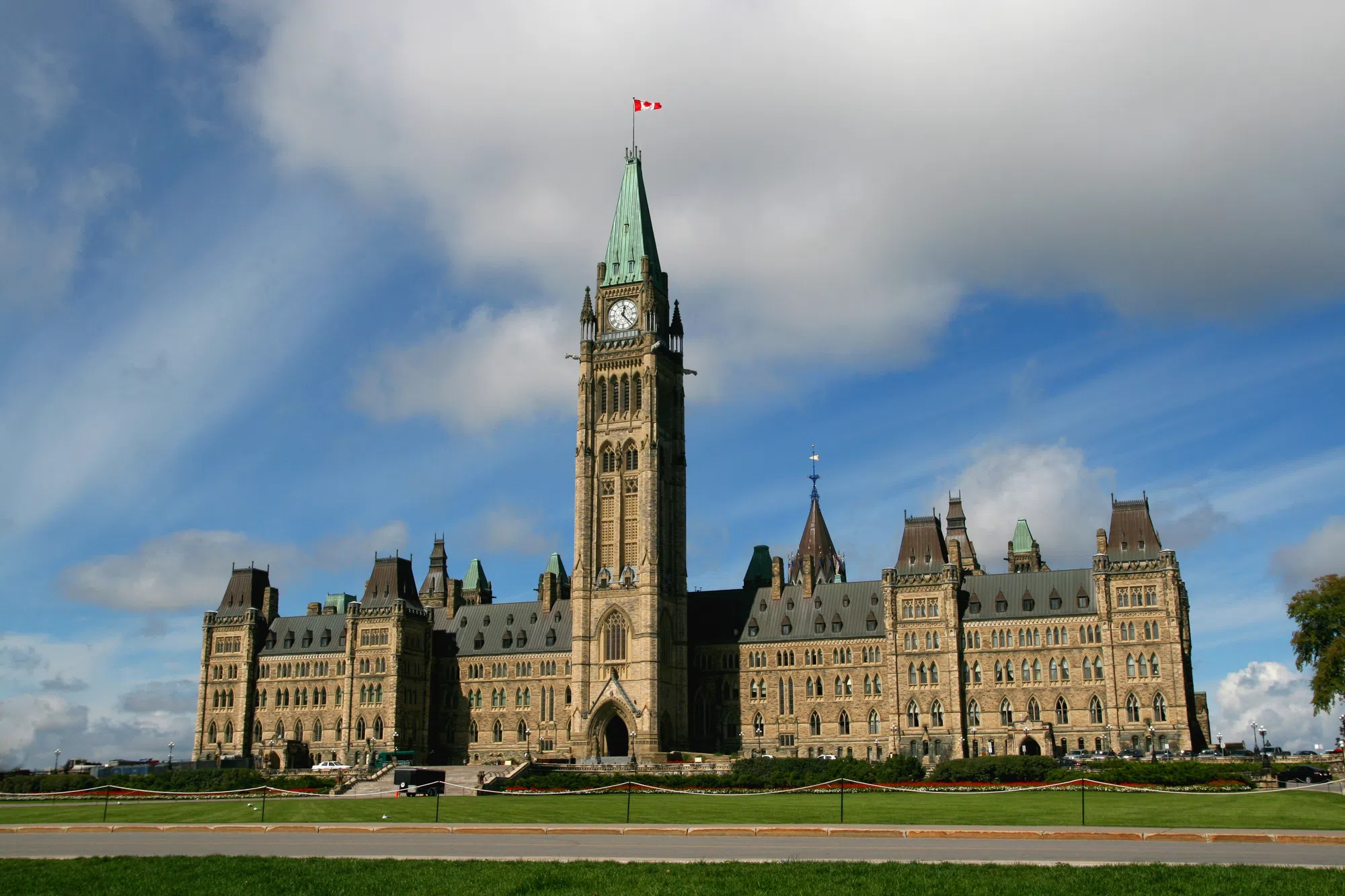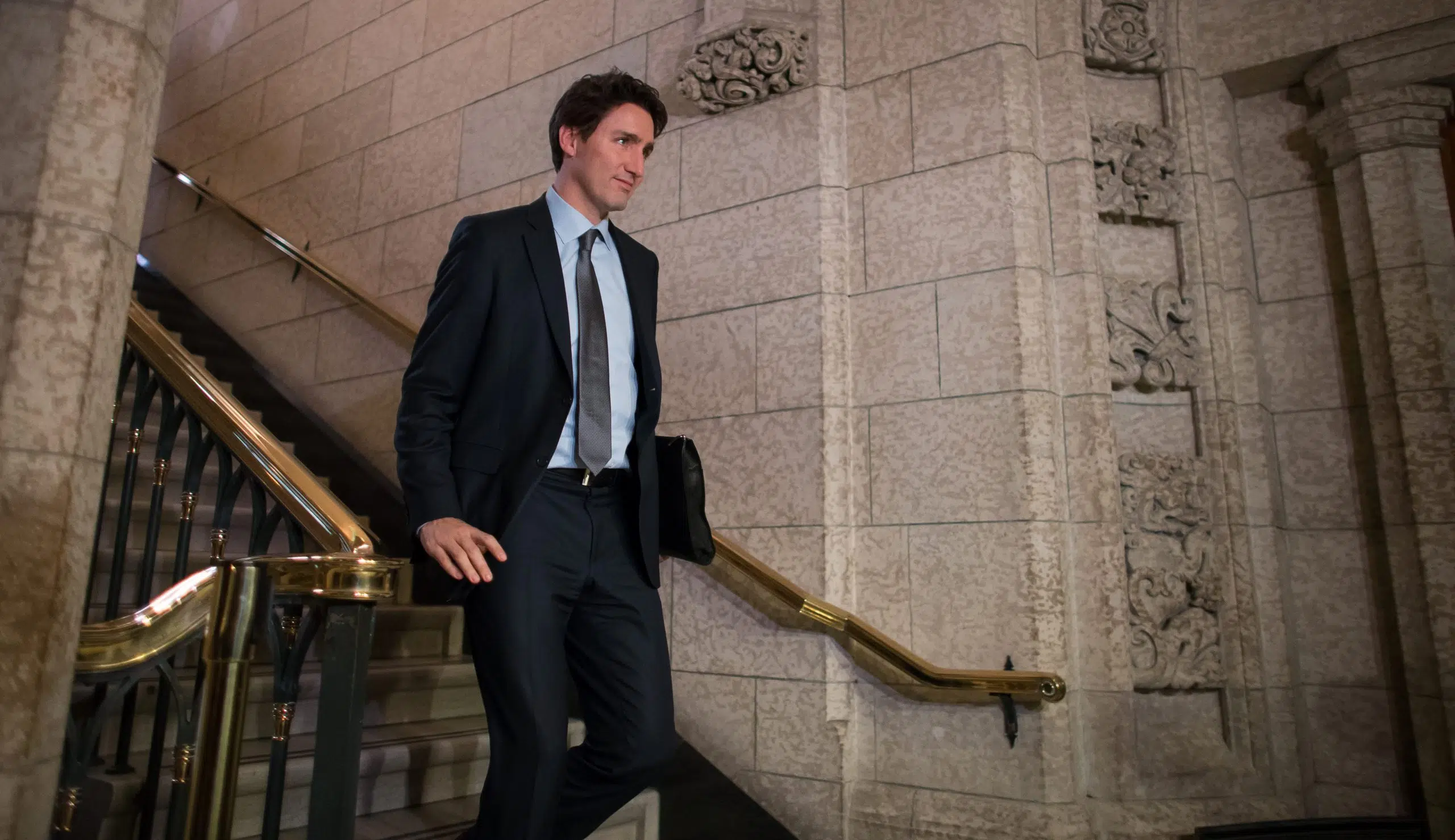Canadian Prime Minister Justin Trudeau announced his resignation as leader of the ruling Liberal Party during a speech this past Monday. “I intend to resign as party leader, as Prime Minister, after the party selects its next leader through a robust, nationwide, competitive process,” he said.
Trudeau continued, “This country deserves a real choice in the next election, and it has become clear to me that if I’m having to fight internal battles, I cannot be the best option in that election.”
With this announcement, the question remains: how will this decision affect Canada and Londoners? XFM News spoke to Glen Morgan, a professor of Language and Liberal Studies at Fanshawe College, to further understand the potential repercussions and benefits of Trudeau’s resignation.

nilapictures / Depositphotos.com
“The way the Canadian parliamentary system is set up, the bills get paid, the lights stay on, that type of thing. So in terms of our own country, we’re okay,” Glen said, referring to whether the country will face immediate political and economic consequences following Trudeau’s resignation.
Glen then discussed the effect of Trudeau’s resignation on the Liberal Party, its unity, and future electoral prospects. “The Liberal Party will come back together. They’re going to be, to put it bluntly, spanked hard in the next election, regardless of who is in charge. But I think if they do a good job of picking their next leader, somebody who can connect with Canadians and make a credible alternative to Poilievre and the Conservatives, they’ll be back.”
Glen continued, saying, “They’ll be back, probably in a couple of election cycles, because as we generally know, Canadians can’t tolerate one party or one leader in power for much more than 10 years.”
Glen concluded by discussing the role Trudeau’s resignation may or may not play in shaping Canada’s relationships with key global partners, including the United States. “Other than Trudeau and Trump, who never really got along, Trudeau got along reasonably well with other G7 leaders.”
Glen further explained, ” I don’t think his resignation is going to make that much of a difference in federal and international relationships either. The big thing is, I don’t know how Poilievre is going to get along with these leaders. I think generally most Canadian leaders get along with leaders of other nations. That’s kind of been the historical norm.”
As the country looks toward the future, Canadians will be watching closely to see how these changes unfold both domestically and on the world stage.


